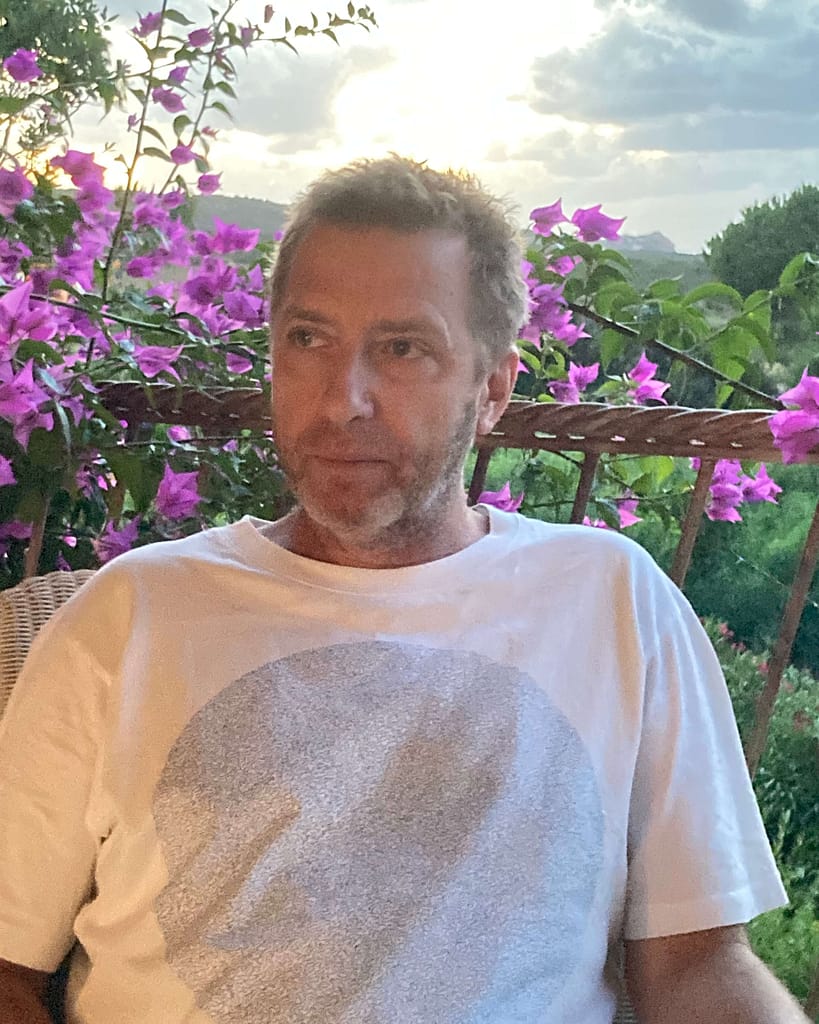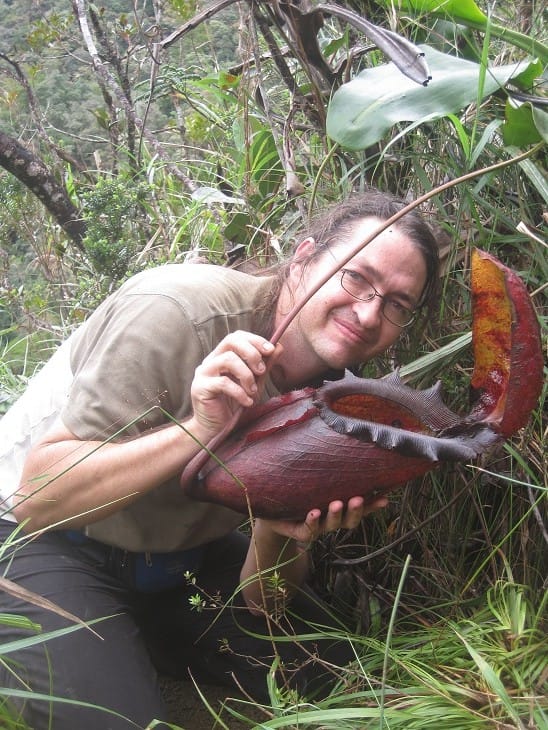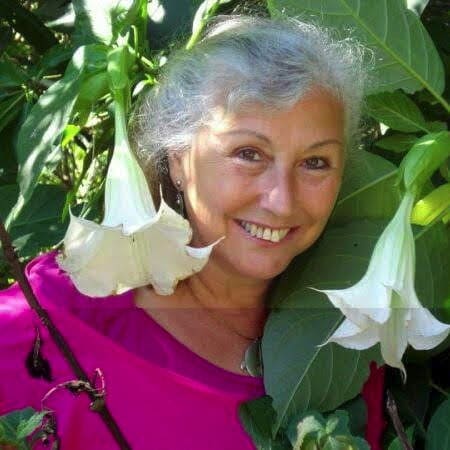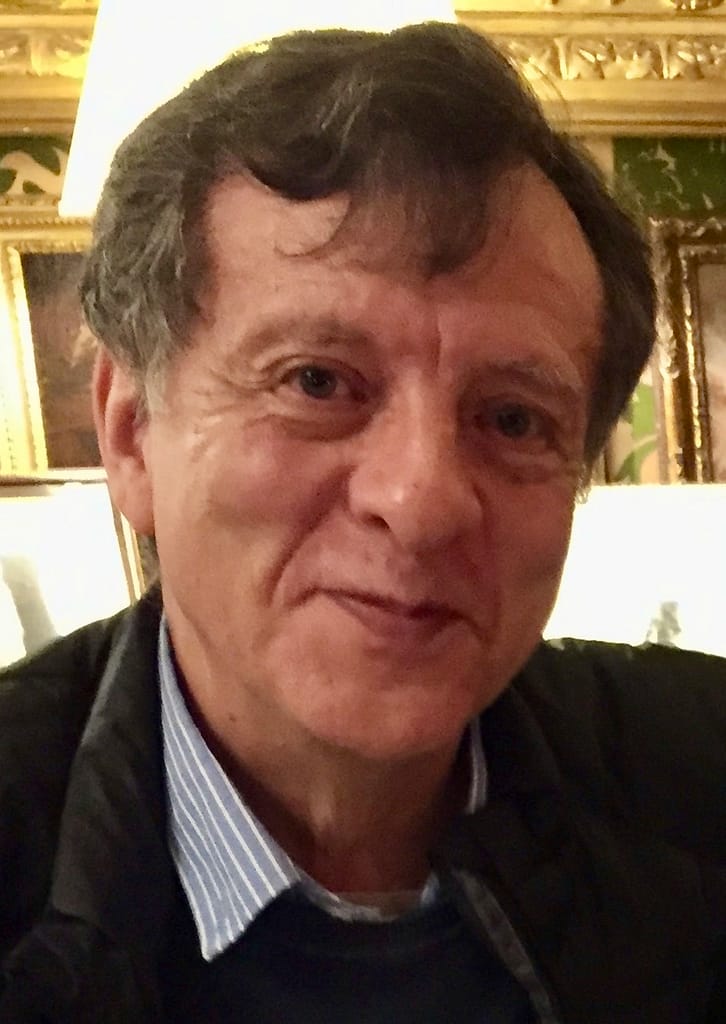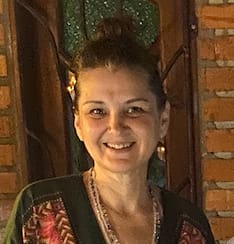November 6-19, 2025
Invited speakers
Jeremy Narby, Anthropologist
Dale Millard, Naturalist
Margot Ross, Psychologist
Sarima Rodríguez, Holotropic Breathwork
Organizers
Adriana Rosa, Cultural Producer
Luis Eduardo Luna, Anthropologist
Jeremy Narby
Biography
Jeremy Narby grew up in Canada and Switzerland, studied history at the University of Canterbury, and received his doctorate in anthropology from Stanford University. He is the author of The Cosmic Serpent, DNA and the Origins of Knowledge (1995), Intelligence in Nature (2005), and Plant Teachers: Ayahuasca, Tobacco and the Pursuit of Knowledge (2021), co-authored with Rafael Chanchari Pizuri. He is co-editor with Francis Huxley of Shamans Through Time: 500 Years on the Path to Knowledge (2001).Anthropologist Jeremy Narby has been researching the subject of psychoactive cannabis across disciplines for the last 2 years and is in the process of writing a book about the subject.
Lectures by Jeremy Narby
Dale Millard
Biography
Dale Millard is a naturalist and biodiversity explorer, with diverse interests and experience in fields ranging from herpetology to ethnobotany.
His interest in the study of snake venoms for drug development later led to study of the chemistry and use of plant medicines. Dale has lived and travelled in Indonesia, Brazil and African countries and has worked with traditional healers in these areas, documenting their use of medicinal plants.
He has maintained a lifelong interest in the healing role of entheogens and continues to document their use in poorly explored regions of the world.
Dale has a special interest in the cultivation of medicinal plants and mushrooms and has taught numerous workshops relating to agro forestry and plant based primary healthcare. He is a contributing author of the books Ethnobotanical search for Psychoactive Drugs. ESPD 50 and ESPD55 published through Synergetic Press.
He currently works as an ethnobotanist and advisor for Neuromindbiopharma, a biotech company doing research into novel psychoactive and plant compounds to develop new medicines.
Dr. Margot Ross
Biography
Dr Marg Ross is a clinical psychologist and the chief principal investigator for Australia’s first psychedelic assisted therapy trial, investigating the use of psilocybin for end-of-life distress. She has trained therapists and medical professionals both nationally and internationally in psilocybin-assisted therapy for end-of-life care, and psychosocial aspects of palliative care. Her work is particularly informed by an interest in cultural rituals and altered states of consciousness at end-of-life. Marg has had the privilege of receiving instruction from various Indigenous Medicine practitioners, deepening her interest in traditional healing practices and their intersection with contemporary medical practices at end of life.
Sarima Rodríguez
Biography
Sarima Rodríguez has a Master in Language and Communication, accredited in techniques of corporal expression, dance and theater. She was certified in Holotropic Breathwork by Grof Transpersonal Training USA, leading groups in Spain since 2002. She was trained in the SAT Program of Claudio Naranjo 2004-2007, and is Certified in the Hoffman Process. Sarima is a retired school teacher, living in Banholas, Catalunya.
Holotropic Breathwork is a method developed by Stan and Christina Grof. Its basic elements are deeper and accelerated breathing, evocative music, and facilitation of energy release through a specific form of bodywork. With the eyes closed and lying on a mat, each person uses their own breath and the music in the room to enter a non-ordinary state of consciousness. This state activates the natural inner healing process of the individual’s psyche, bringing him or her a particular set of internal experiences. With the inner healing intelligence guiding the process, the quality and content brought forth is unique to each person and for that particular time and place. While recurring themes are common, no two sessions are ever-alike.
Adriana Rosa
Biography
Adriana Rosa is a cultural producer, an actress, and a theater and art educator. She has a Master in Cultural Management from Universidad Complutense de Madrid. Besides her work as an organizer of cultural events in the city of Florianópolis, she is the producer of the Wasiwaska seminars since its creation. Adriana is in charge of providing healthy and nutritious food for seminars, adapted, when necessary, to the needs of our participants. She is with Dale Millard in charge of Wasiwaska’s ethnobotanical garden.
Luis Eduardo Luna
Biography
Luis Eduardo Luna was born in Florencia, in the Colombian Amazon region (1947). He studied Philosophy and Literature at the Universidad Complutense de Madrid, earned an interdisciplinary Masters degree while teaching Spanish and Latin American Literature at the Department of Romance Languages of Oslo University. He is a former Senior Lecturer at the Swedish School of Economics, Helsinki, Finland, from where he retired in 2011, and a former Professor of Anthropology at the Federal University of Santa Catarina, Brazil (1994-1998).
He received a Ph.D. from the Institute of Comparative Religion at Stockholm University (1989), and an honorary doctorate from St. Lawrence University, Canton, New York (2000). He is currently an Honorary Research Fellow of the Department of Philosophy, Anthropology and Sociology of Exeter University, England.
Luna is a Guggenheim Fellow and Fellow of the Linnaean Society of London. He is the author of Vegetalismo: Shamanism Among the Mestizo Population of the Peruvian Amazon (1986), and with Pablo Amaringo of Ayahuasca Visions: The Religious Iconography of a Peruvian Shaman (1991). He is co-editor with Steven F. White of Ayahuasca Reader: Encounters with the Amazon’s Sacred Vine (2000, with a revised new edition in 2016), and co-author with Rick Strassman, Slawek Wojtowicz and Ede Frecska of Inner Paths to Outer Space: Journeys Through Psychedelics and Other Spiritual Technologies.
In 1986 he co-founded with Pablo Amaringo the Usko-Ayar Amazonian School of Painting of Pucallpa, Peru, serving as its Director of International Exhibitions until 1994. He has lectured about Amazonian shamanism and modified states of consciousness worldwide, and has curated exhibitions of visionary art in several countries. Luis Eduardo Luna is the Director of Wasiwaska.

